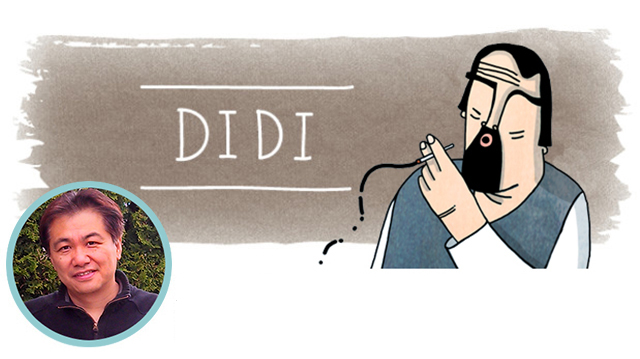Window Horses - Behind the Curtains
Jun Zhu, who plays Didi, is a Materialist Scientist who used to live in Beijing. This poem was written by Seanyoung Ge and is not translated in the film because we see everything through Rosie’s eyes, and she doesn’t understand Mandarin. But the poem still effects Rosie deeply. We see her literally transform during the performance through the vibration of the words.
The poem’s form is based on the 9th century Tang Dynasty Wushi style from the Golden Age of Poetry, used by poets such as Du Fu (an ancient ancestor of Ann Marie Fleming, if geneology charts are to be believed), which is the same time that some of the great Persian poets were writing.
There are many ways to translate this. Translation is the art of adaptation. It becomes a new poem in a different language. But we are still looking at the same moon, thinking of home and those we miss.
The 9th century is a time when there was great cross-fertilization of cultures, especially of Chinese art travelling to Japan, where Edo style developed from Chinese painting, and to Persia, where the painting style was incorporated in to Persian miniatures. These are the original design ideas behind Window Horses.

Di Di is a "misty poet" from China. He's spent a lot of time in Europe, for reasons we won't discuss here, and writes of his experiences with heartfelt longing. Didi will be played by Jun Zhu.
